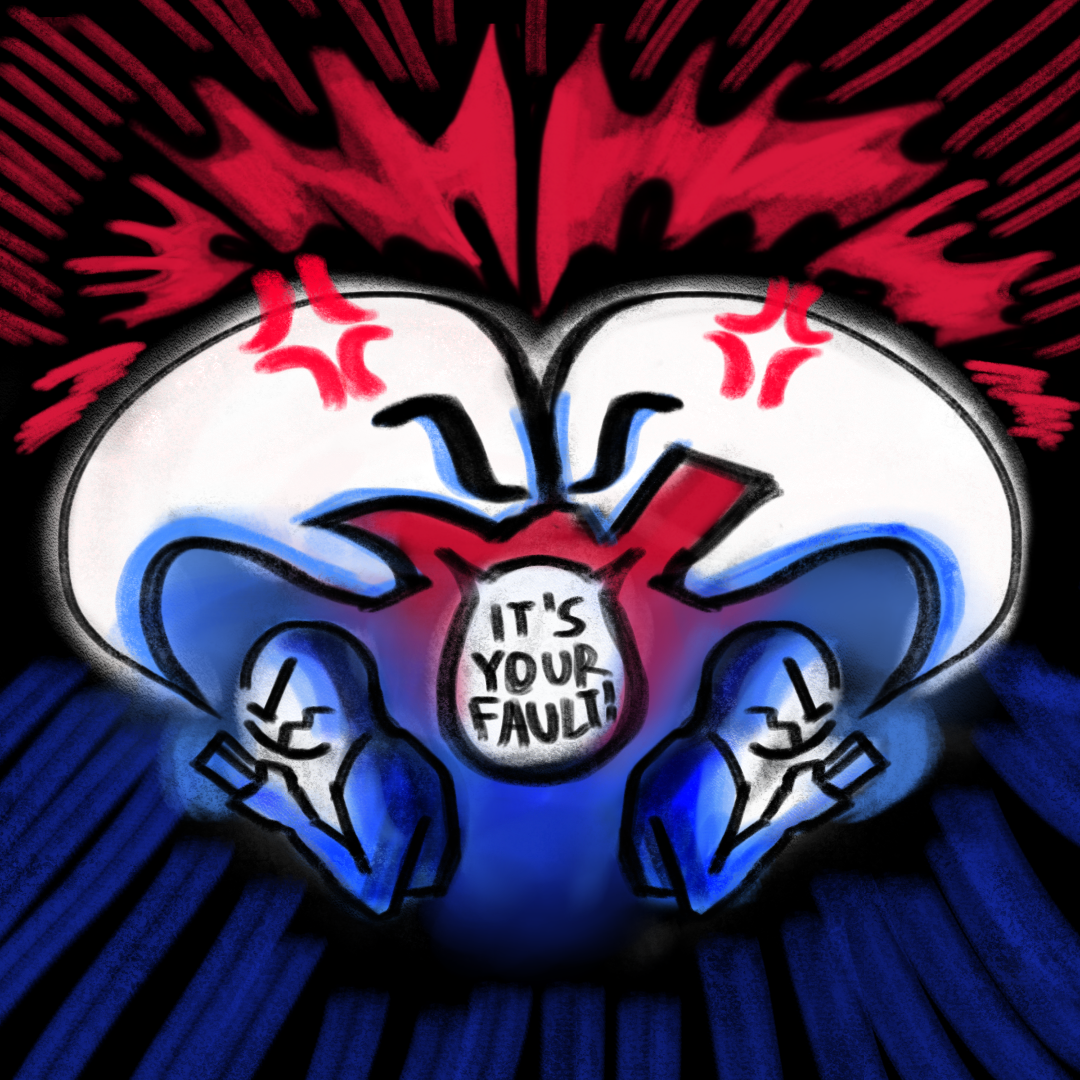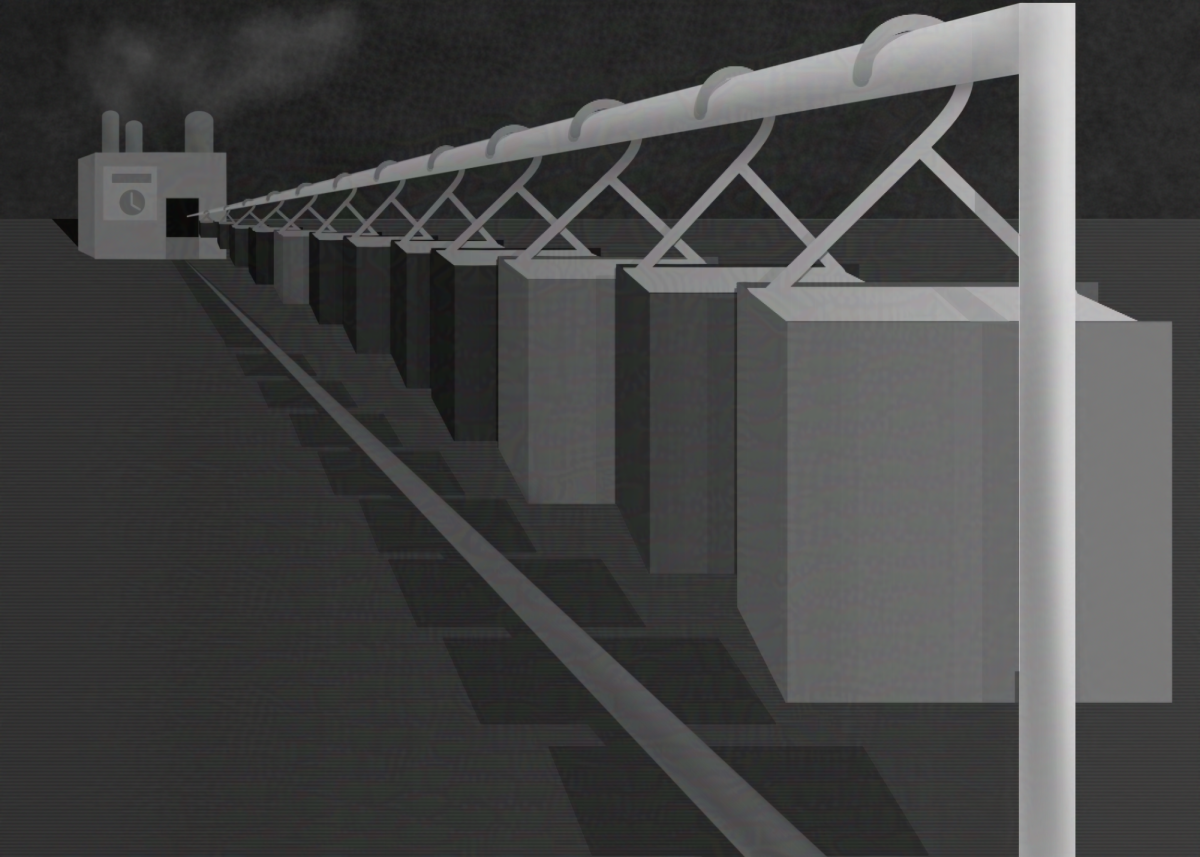Gender is a social construct. Let me say this again, gender is a social construct. People are not born a gender, they are born into a society (e.g. the United States) and assigned a gender at birth (I am a mixed race queer transgender working class college student who was born in the United States, English is my first language, and I was assigned female at birth).
In the United States, society is commonly ruled by a gender binary, male or female. The gender binary is then reinforced through interactions with society e.g. “pink for girls” and “blue for boys.” The gender binary is a social construct that primarily privileges cisgender people. Cisgender basically means that you identify with the gender you were assigned at birth.
In the context of discussing gender and privilege it is essential to recognize that these are not just stand alone issues. Class, able body, gender, sexuality, ethnicity etc. are intersectional. For example, if you are a disabled queer person of color, your identities cannot be separated, they are affected and processed together.
So, pink and blue, girls and boys, sounds normal right? Well that’s because the gender binary is “normative” or common in our society. The dominant gender is male, this is implemented from patriarchy (insert side eye).
Patriarchy is a system constructed by society that allows for cisgender men to hold primary power and oppresses everyone else by maintaining its hierarchical power over other gender identities. This is demonstrated through various privileges such as higher pay for employment, creating and enforcing laws, history, and also through accepting, allowing, encouraging, and even celebrating some behaviors such as misogyny, rape, sexual assault, harassment, violence, murder etc.
Privilege is also experienced through sexuality. In the U.S., heteronormative concepts in the coupling of people to male and female, meaning heterosexuality is “normative” and reinforced with certain privileges such as tax laws, marriage, and employment and not making them accessible to folks who do not identify within that common social construct, (even though laws are set in place to protect some of these topics).
Professor Esther Rothblum asked people who identified as heterosexual in her “Lesbian Lives and Cultures” course “when did you come out as straight?” This question is tangible because unless you “come out” (which can leave someone homeless, rejected by family, friends and society, a target for and jobless among other things) identifying as Queer, bisexual, pansexual, polyamorous, asexual, lesbian, gay etc. (the list is very long and awesome) you are automatically assumed to be straight.
Lastly (but not least by any means), is the conversation about cisgender privilege. Society has largely refused to acknowledge and respect transgender identities because it transgresses our heteronormative societal assumptions. When someone is assigned a gender at birth that individual is expected to follow normative gender behavior (back to the girls wear pink and boys wear blue example.) Our society is trained to immediately categorize people they encounter as male or female based on their understanding of male and female appearance and behavior which is stirred by social constructs of masculine and feminine. If someone does not identify with the gender they were assigned at birth they run the very high risk of being rejected by society.
Only one month into 2015 and already five reported transgender women of color have been murdered in the U.S. Transgender women of color have the highest risk of contracting HIV, being imprisoned, raped, becoming homeless and murdered. This is not because there is something wrong with their gender identity. This is because there is something wrong with a societal system that punishes people because they do not fit gender norms.
Our society is not constructed to be inclusive, it is constructed to be easy for the majority and hard to survive for the minority. On our campus we have had a lot of conversation around restrooms over the last few years, if you identify as cisgender, a basic daily privilege you experience is going to the restroom unquestioned without fear of being berated or attacked. Going to the bathroom is a basic human right and people should be able to access this without fear and anxiety every time they have to go. If you find yourself policing someone’s gender or deciding if they are “man enough” or “woman enough” I ask you this: what makes a man and what makes a woman? Is femininity only limited to women? What is femininity? How is it constructed? What about masculinity? Do all men need to be misogynistic and violent to be a man? What if we dismantled the really horrible and stigmatizing aspects of these constructs and rebuilt them to fit our identities? What if we took power out of these constructed concepts that privilege some people and oppress others? What if we could be feminine and masculine? What if we could erase both entirely and create something new? How could dismantling constructs built into gender such as “tough guy” or “slut” affect bullying or harassment?
Being cisgender, straight, male or having “passing privilege” is not wrong, that is not what I am saying. Using privilege to further oppress people instead of working to dismantle the way your identity has given you more benefits, opportunities, and accessibility is wrong. I have been called “activisty” or “disruptive” and I take those names as an indication that I am on the right path. I need to be vigilant in checking the many privileges I have and advocate for those who do not have the same access,for those who are silenced, who are rejected and made invisible by a dominant social construct of society that refuses to acknowledge their existence.






